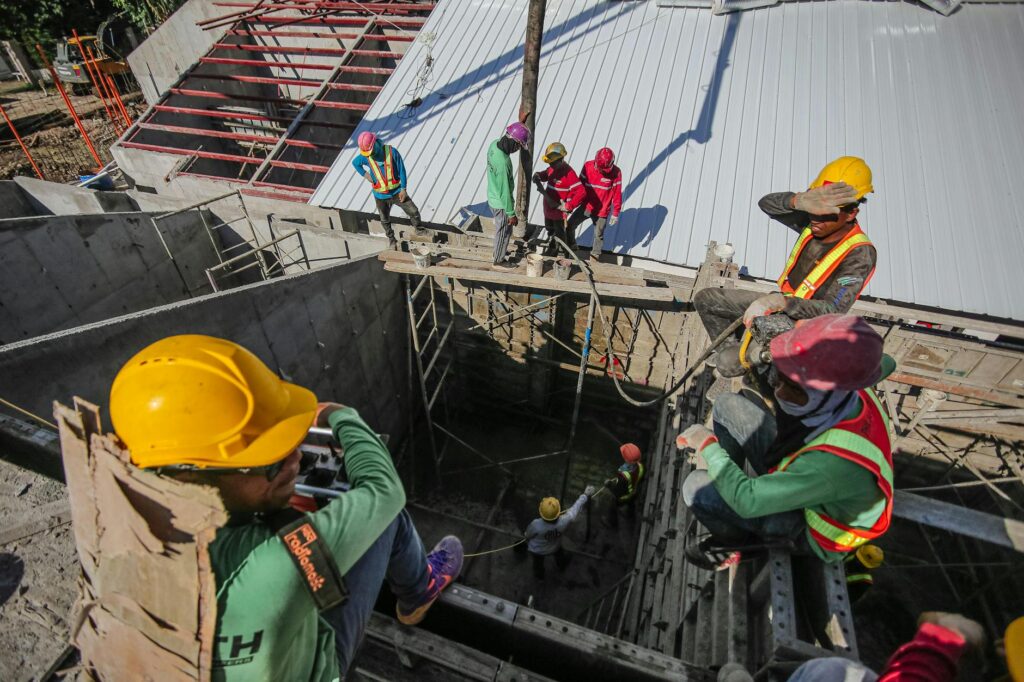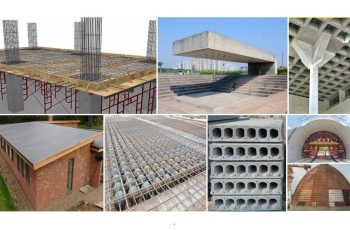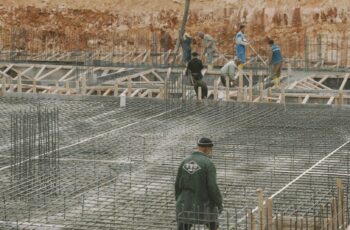Planning a construction project? Whether it’s for a new shed, a stunning patio, or the foundation for your dream home, a solid concrete pad is essential. Finding the right concrete pad contractors can make all the difference in ensuring a smooth, successful project. This guide will walk you through everything you need to know.
Understanding Concrete Pad Projects
Concrete pads serve various purposes. They provide a level, stable base for structures, prevent settling, and offer a durable, weather-resistant surface. Choosing the right contractor depends on the size and complexity of your project; some specialize in smaller residential pads, while others handle large-scale commercial projects. Consider the scope of your needs when beginning your search. 
Finding Reputable Concrete Pad Contractors
Start by seeking recommendations from friends, family, and neighbors. Online reviews on sites like Yelp and Google My Business can also offer valuable insights. Check the Better Business Bureau (BBB) for any complaints or unresolved issues. Don’t hesitate to ask for references and contact previous clients to inquire about their experiences. Remember, a thorough vetting process is crucial for a successful outcome.
The Importance of a Detailed Quote
Before committing to any contractor, obtain a detailed, written quote. This quote should outline all aspects of the project, including materials, labor costs, and a clear timeline. Compare quotes from several contractors to ensure you are receiving competitive pricing. Be wary of quotes that seem unusually low, as this could indicate a compromise on quality or workmanship. Understanding your contract is critical.
Materials and Quality
The quality of concrete significantly impacts the longevity and durability of your pad. Inquire about the type of concrete mix the contractor uses and ensure it’s appropriate for your project’s needs. Don’t hesitate to ask questions about the curing process; proper curing is crucial for a strong, long-lasting pad. [IMAGE_2_HERE] Consider researching different types of concrete and their strengths and weaknesses (learn more here).
The Construction Process
A typical concrete pad installation involves site preparation, formwork construction, concrete pouring, and finishing. The contractor should walk you through each stage of the process and explain what to expect. Proper preparation is key to preventing issues down the line. Preparing your site for the concrete pour can save time and money.
Permits and Inspections
Depending on your location and the size of the project, permits may be required. Confirm that the contractor handles all necessary permits and inspections. This ensures that the project adheres to local building codes and regulations. Never compromise on this step – it’s crucial for legal compliance and long-term peace of mind. [IMAGE_3_HERE]
Post-Construction Care
After the concrete has cured, proper care and maintenance will extend its lifespan. The contractor may offer advice on sealing or protecting the concrete from the elements. Understanding concrete care is just as important as selecting the right contractor.
Choosing the Right Concrete Contractor for Your Project
Selecting the right contractor involves careful consideration of their reputation, experience, licensing, insurance, and detailed quotes. By following these steps and asking the right questions, you can ensure your project is completed to your satisfaction. Don’t hesitate to ask for clarification on anything you are unsure about; a good contractor will be happy to explain the process thoroughly. Find local contractors here.
Frequently Asked Questions
What factors affect the cost of a concrete pad? The cost depends on the size, thickness, type of concrete, location, and complexity of the project.
How long does it take to install a concrete pad? The timeframe varies based on the size and weather conditions, but typically ranges from a few days to a couple of weeks.
What type of maintenance is needed for a concrete pad? Regular cleaning and sealing can help protect the pad from damage and extend its lifespan.
Do I need a permit for a concrete pad? Permit requirements vary by location; check with your local authorities.
What happens if there are problems after the installation? Reputable contractors offer warranties and will address any issues that arise.

